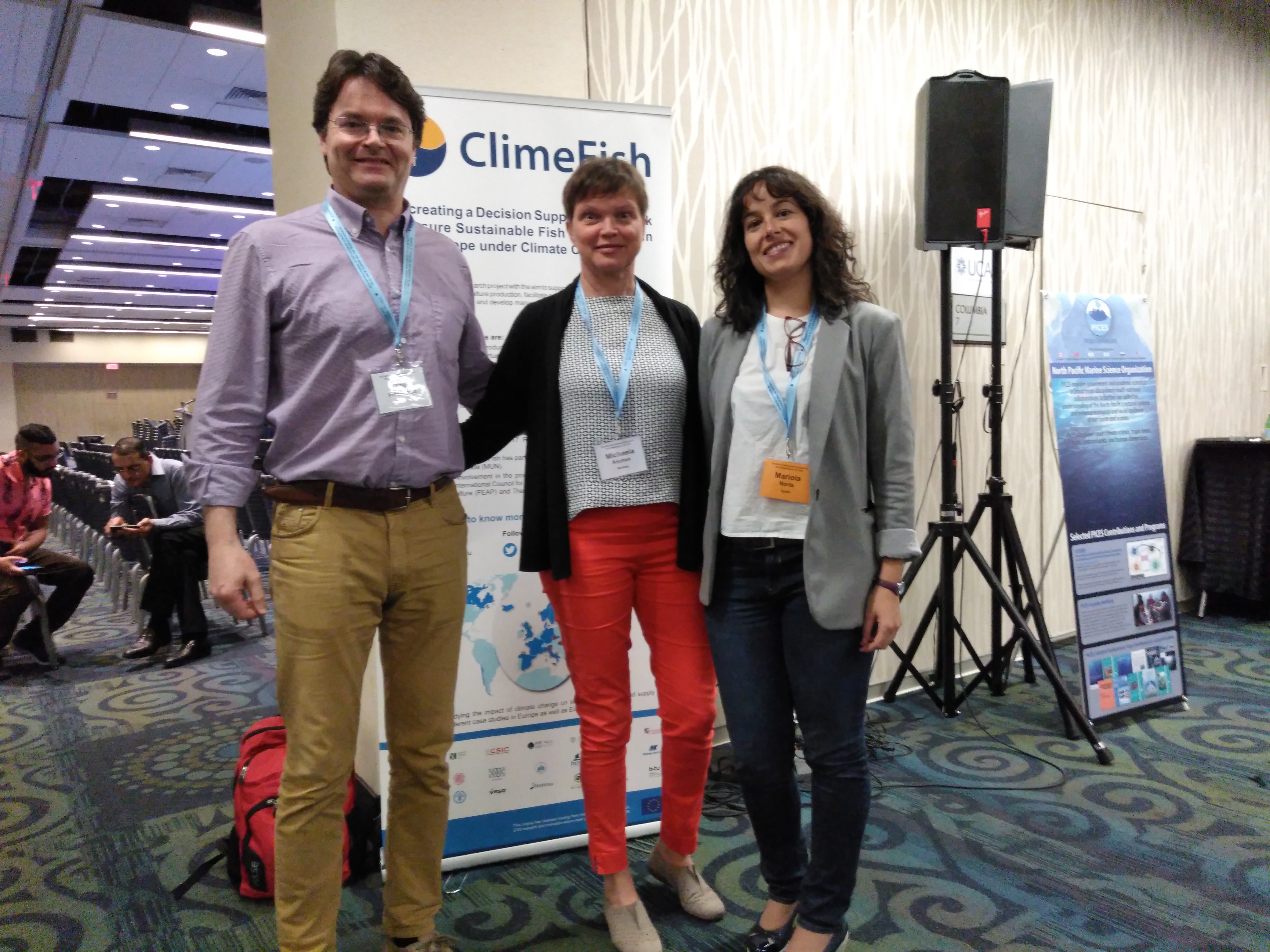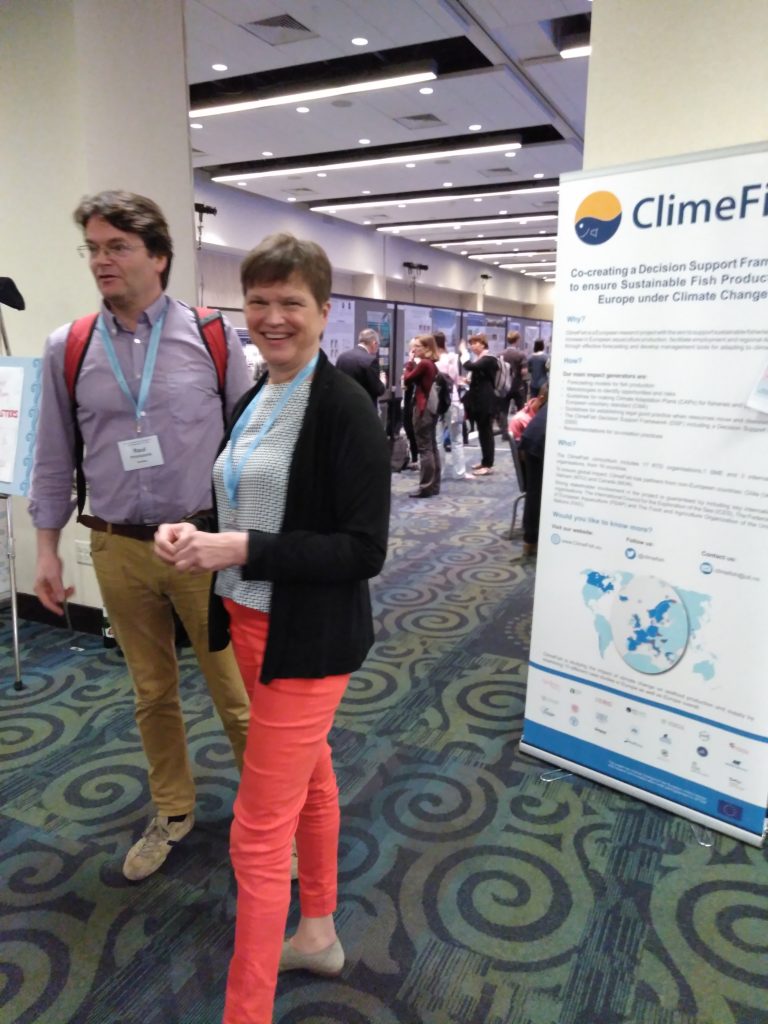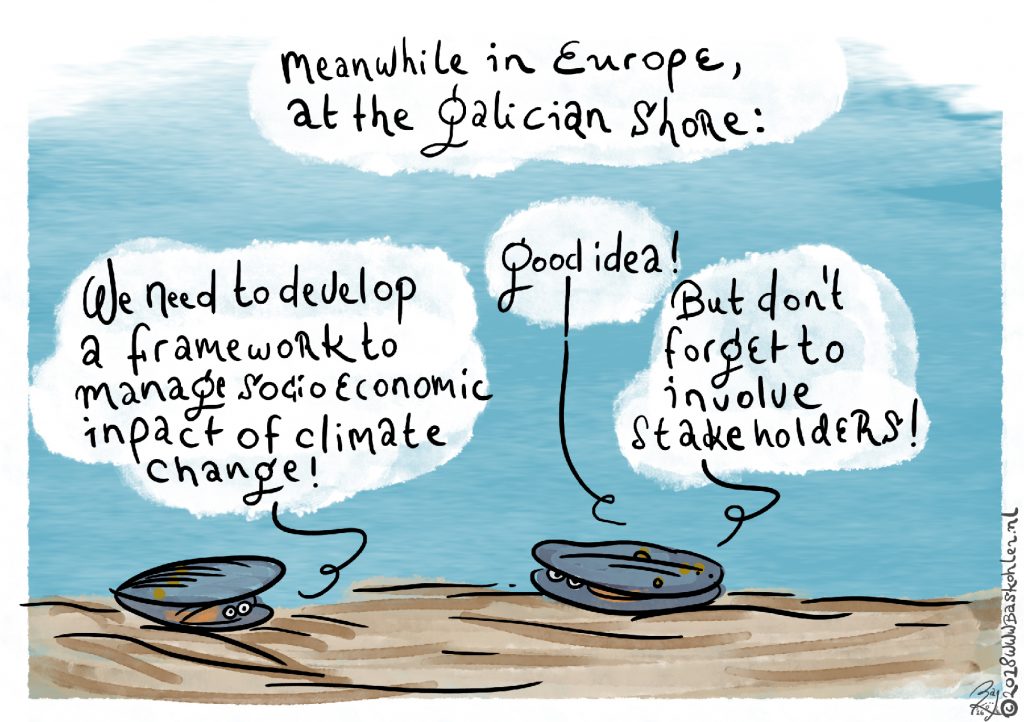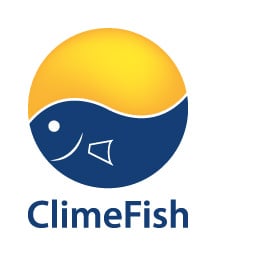ECCWO 2018: What are we missing?

The scope of “The Effects of Climate Change on the World’s Oceans” conference in Washington, ECCWO 2018, was to discuss the consequences of different levels of the 21st century climate change for ocean ecosystems and ocean dependent communities. The 4th International Symposium brought together experts from around the world to better understand climate impacts on ocean ecosystems and how to respond to them.
The conference provided an overview of climate change effects on the oceans across spatial scales, including global scale perspectives. Main take home message was that several global models on climate change effects (fish stock migration, ocean acidification and mis-match between food availability and fish larvae, biodiversity impact) contribute to the understanding of multiple stressors in the world oceans. The global models proposed by Cheung and by Galbraith, addressing climate warming and fisheries effects, agree on there being a potential stronger future effect of fisheries than climate on marine species, stressing the need for effective governance and management in a warmer future.
What we miss is more examples on how ecosystem models are operationalised to feed in to climate adaptation and planning in fisheries and aquaculture. ClimeFish contributed with a coupled multispecies model forecasting distribution of herring, mackerel and blue whiting in the NE Atlantic. The gap between natural and social sciences was highlighted by several key note speakers and ClimeFish demonstrated how this gap might be bridged through workshops on climate adaptation (Tarub Bahri, ClimeFish partner from FAO) and the pragmatic approach on how to co-create climate adaptation plans across disciplines with stakeholders from different sectors (Mariola Norte from CETMAR and Michaela Aschan from UiT). “Adapt or lose: How to manage the socioeconomic impact of climate change in the Spanish aquaculture, the case of blue mussel” within the session “Fisheries and aquaculture in the face of climate change: current actions, identified solutions and opportunities in support of sustainable livelihoods and food security” was presented by ClimeFish.
For more information:
https://meetings.pices.int/meetings/international/2018/climate-change/Background

Raul Primicerio and Michaela Aschan

Bas Kohler drawing og Mariola Nortes presentation of the ClimeFish Galician case study:: “Adapt or lose: How to manage the socioeconomic impact of climate change in the Spanish aquaculture, the case of blue mussel”
